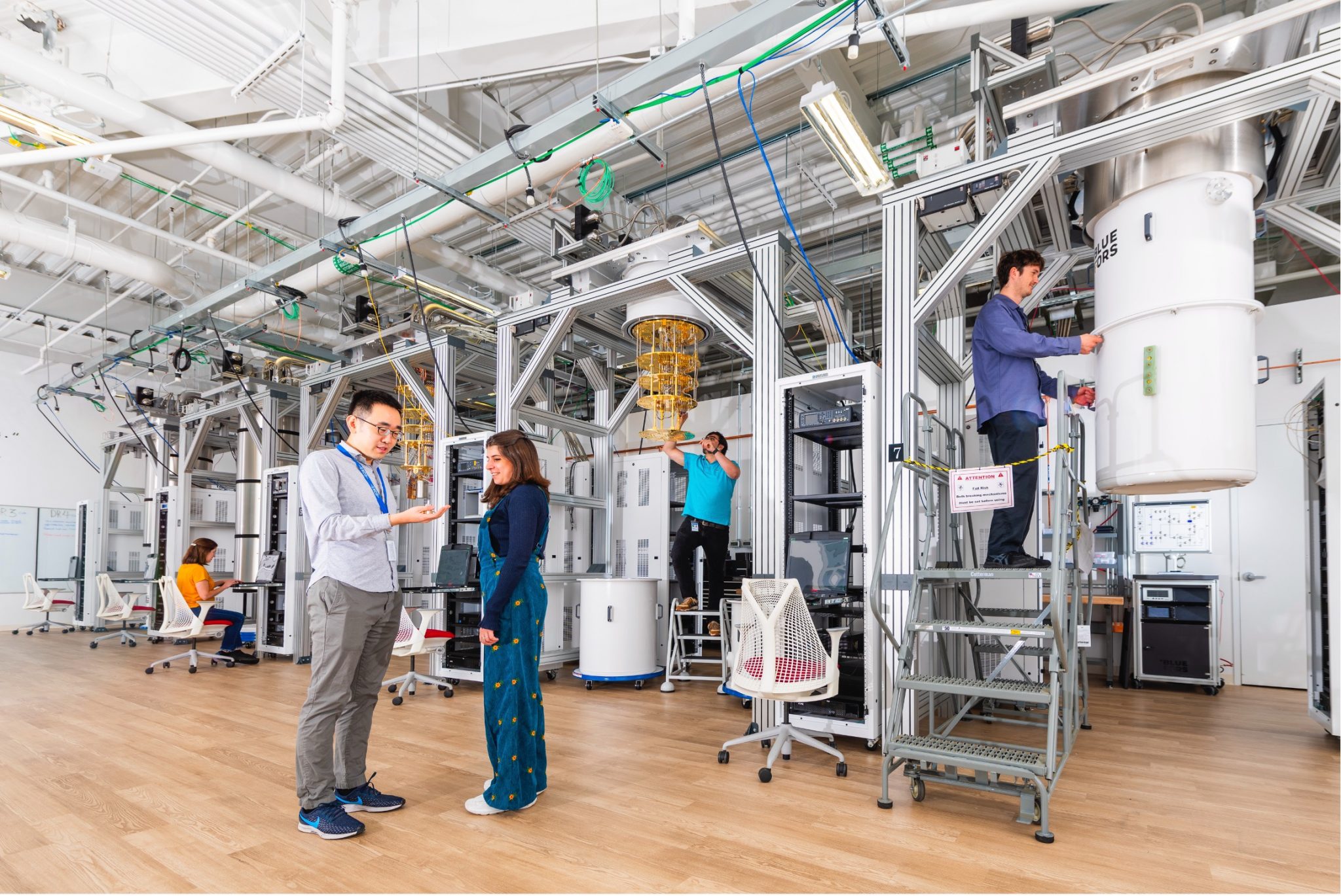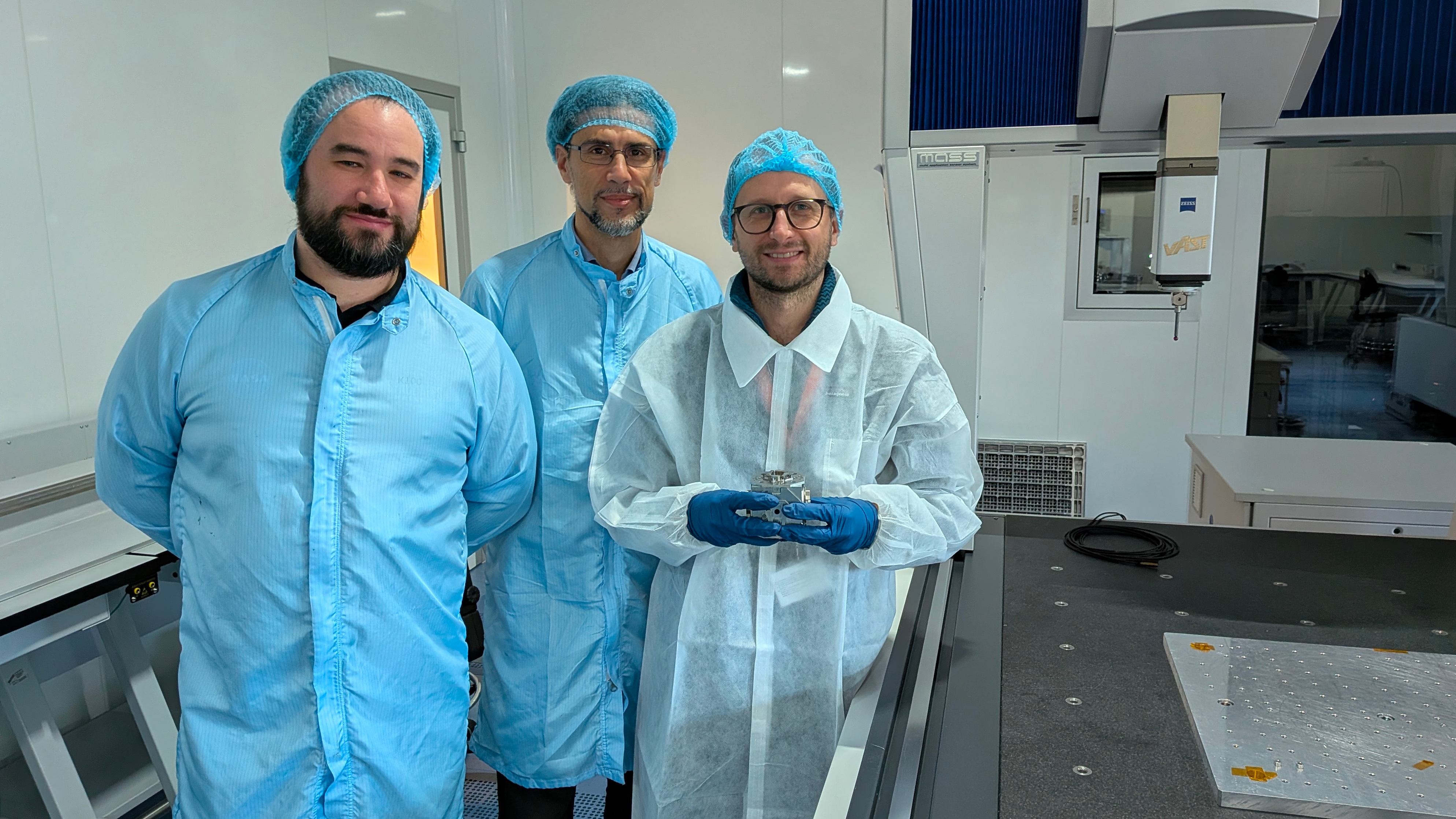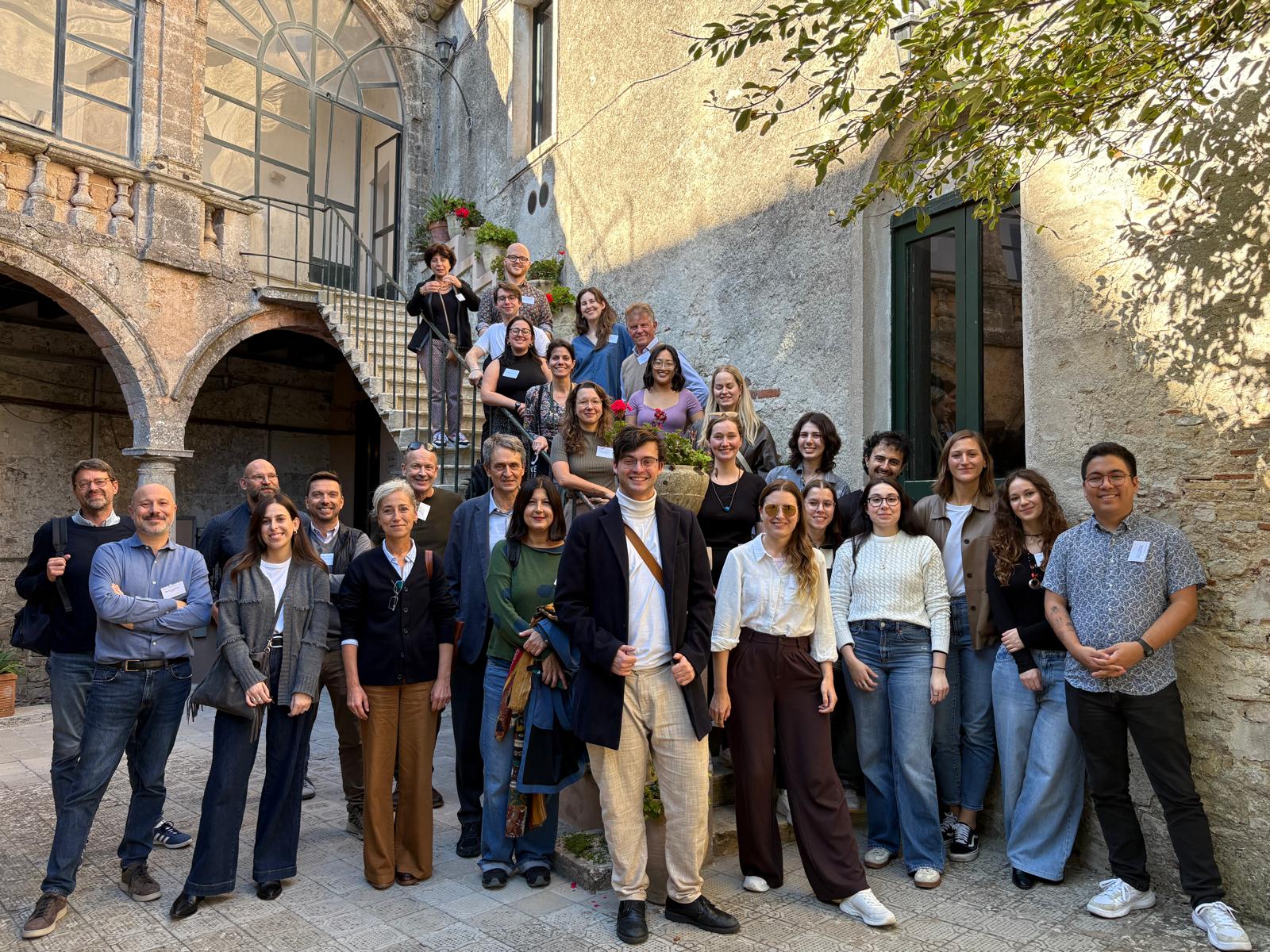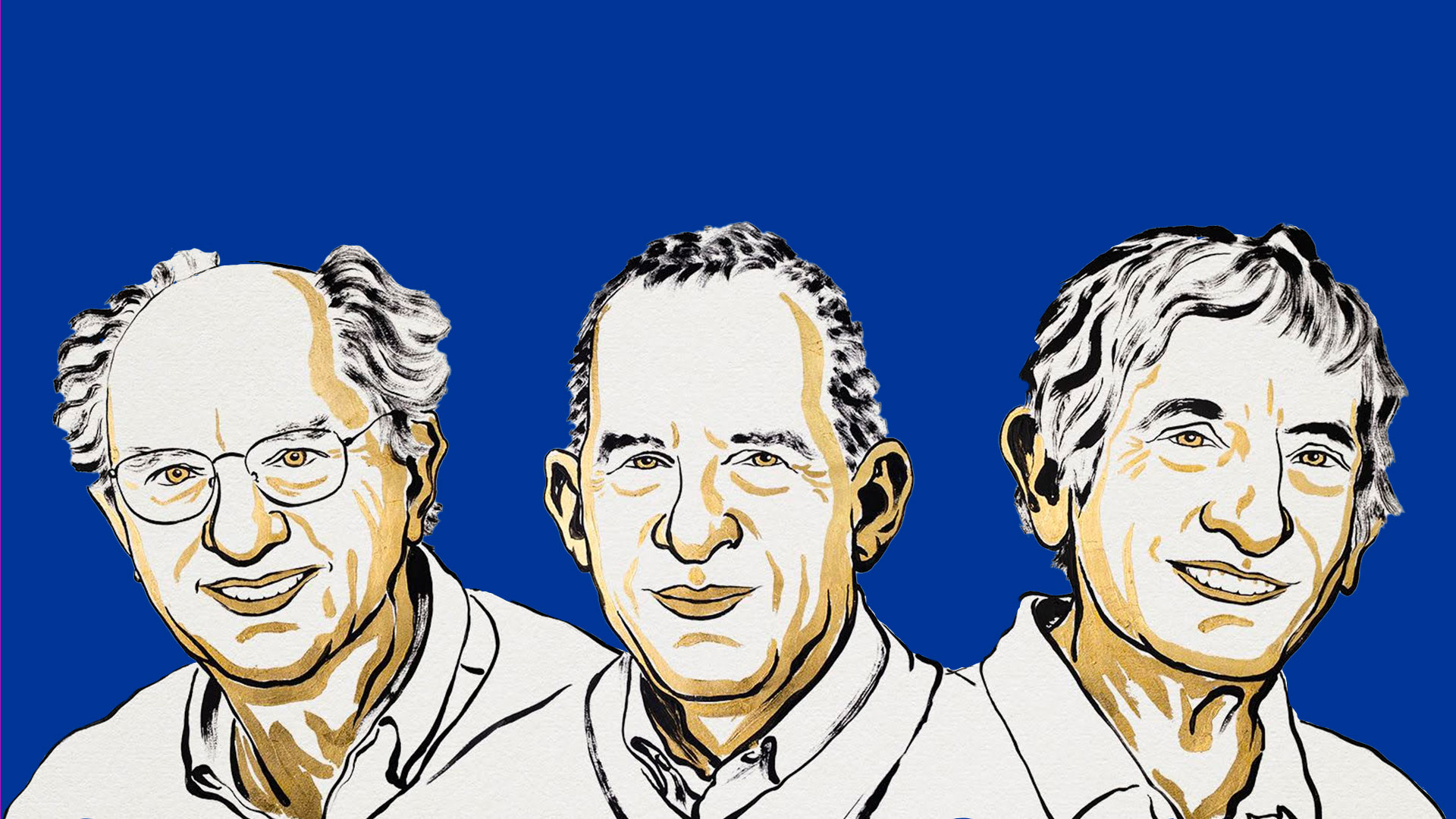 The inauguration ceremony of the construction work for the gigantic Long Baseline Neutrino Facility (LNBF), which involves a community of about 1,000 scientists and engineers from 30 countries, took place yesterday in the Sanford Underground Research Facility (SURF) in South Dakota (USA). LNBF will host the world’s largest experiment, with international governance, for the study of the properties of neutrinos: the Deep Underground Neutrino Experiment (DUNE), which will study neutrons generated and sent 1300 km away from the Fermilab in Chicago, the leading American national laboratory for research on accelerators and particle physics. The experiment has two main scientific goals in studying neutrino: measuring the neutrino mass hierarchy and measuring the violation of symmetry between matter and antimatter (CP violation). The project is funded by the United States Department of Energy – Office of Science in collaboration with CERN and international partners from nearly 30 countries. Dune was presented for the first time in January 2014 to the Fermilab Committee by the then director of research at CERN, Sergio Bertolucci.
The inauguration ceremony of the construction work for the gigantic Long Baseline Neutrino Facility (LNBF), which involves a community of about 1,000 scientists and engineers from 30 countries, took place yesterday in the Sanford Underground Research Facility (SURF) in South Dakota (USA). LNBF will host the world’s largest experiment, with international governance, for the study of the properties of neutrinos: the Deep Underground Neutrino Experiment (DUNE), which will study neutrons generated and sent 1300 km away from the Fermilab in Chicago, the leading American national laboratory for research on accelerators and particle physics. The experiment has two main scientific goals in studying neutrino: measuring the neutrino mass hierarchy and measuring the violation of symmetry between matter and antimatter (CP violation). The project is funded by the United States Department of Energy – Office of Science in collaboration with CERN and international partners from nearly 30 countries. Dune was presented for the first time in January 2014 to the Fermilab Committee by the then director of research at CERN, Sergio Bertolucci.
In 2015 Italy, represented by INFN, through the Ministry of Education, Universities and Research, signed a technical cooperation agreement with the DOE for research at Fermilab. Bertolucci is currently coordinating the Italian physicists, belonging to INFN, engaged with DUNE in neutrino research. Fermilab is a scientific laboratory of the US Department of Energy – Office of Science, located near Chicago, Illinois, and is managed by appointment of the Fermi Research Alliance, LLC.
You might also be interested in

Quantum computing: INFN and the US SQMS laboratory renew their collaboration

Search for new physics: a possible new approach from bent crystals

Einstein Telescope: Lusatia officially enters the competition

Detecting gravitational waves from space: first steps for the LISA mission

ORIGINS. Exploring Science Communication and Journalism
